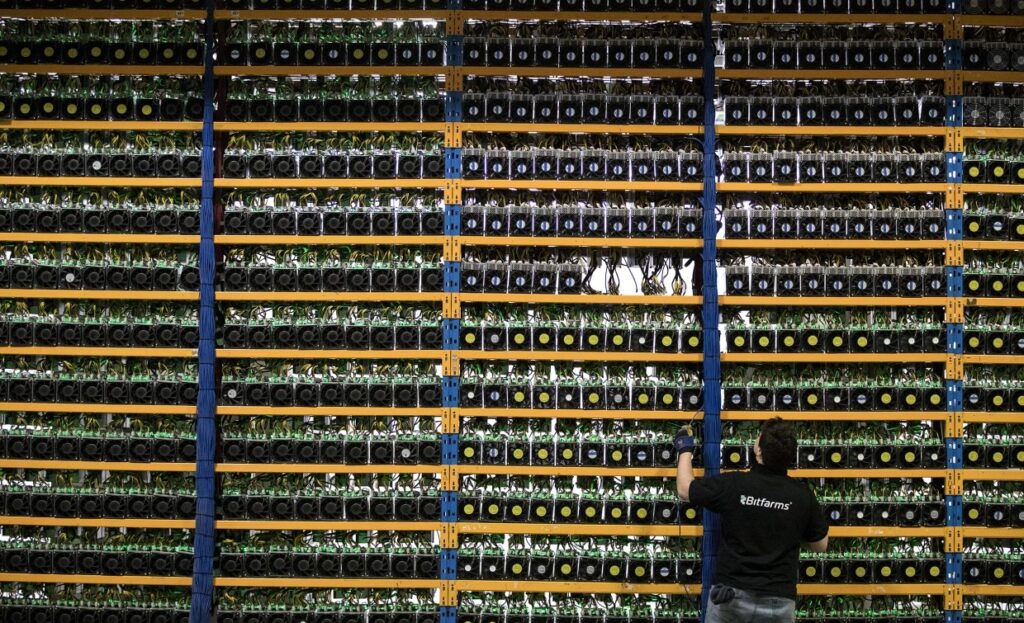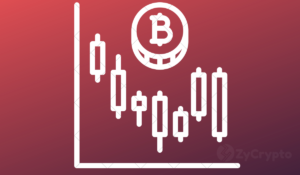Bitcoin Miners Seek Comfort in Increased Network Activity through Transaction Fees
3 min read
For years, Bitcoin miners have worked tirelessly, motivated by the promise of block rewards – newly minted coins earned for validating transactions. However, a recent trend is altering the landscape, as transaction fees are quietly surpassing block rewards as the main source of miner income. This unexpected shift presents both opportunities and challenges for the future of Bitcoin.
Bitcoin: Transaction Fees On The Rise
CryptoQuant CEO, Ki Young Ju, recently pointed out a significant shift in Bitcoin mining. Transaction fees, which used to play a minor role in miner income, have experienced a notable increase. According to CryptoQuant’s data, transaction fees now contribute over 7% to miners’ total income, a stark comparison to the mere 1% reported two years ago.
Developing apps on #Bitcoin has significantly impacted miners’ revenue streams.
Transaction fees now make up over 7% of their total earnings, up from 1% two years ago.
This trend has continued for the past four weeks and could potentially strengthen the network’s fundamentals. pic.twitter.com/YVbdmLXB5c
— Ki Young Ju (@ki_young_ju) May 7, 2024
A Boon For Network Stability?
This surge in transaction fees isn’t just about boosting miner profits; it has the potential to significantly impact the overall health of the BTC network. The increasing number of applications built on the Bitcoin blockchain leads to more transactions and, consequently, higher fee revenue for miners.
This could encourage ongoing mining activity even as block rewards are halved approximately every four years – a programmed mechanism to regulate Bitcoin’s total supply.
BTC market cap currently at $1.23 billion. Chart: TradingView.com
The Double-Edged Sword Of Fees
The rise in transaction fees presents a dilemma for Bitcoin. While it provides miners with a more sustainable income and potentially strengthens network security, it also raises concerns about transaction speed and user experience.
As miners prioritize maximizing profits, they may be inclined to prioritize transactions with higher fees, resulting in slower processing times for regular users and potentially increasing overall transaction costs.
 BTCUSD price action in the last seven days. Source: CoinMarketCap
BTCUSD price action in the last seven days. Source: CoinMarketCap
A Ripple Effect Across The Ecosystem
The changing dynamics of crypto mining go beyond miners. A fee-driven network could have a ripple effect throughout the Bitcoin ecosystem. Investors and users may need to adjust their strategies as transaction costs fluctuate. The valuation of the crypto asset itself could also be affected, with higher fees potentially dissuading new users from entering the market.
Navigating The New Frontier
The rise in transaction fees marks a new frontier for Bitcoin. While it presents promising opportunities for miner profitability and network stability, it also requires careful consideration of potential drawbacks.
Finding the right balance between miner incentives and user experience will be essential for Bitcoin’s ongoing success. Stakeholders across the ecosystem, from miners and developers to investors and users, will need to adapt and innovate to ensure a future for Bitcoin that is secure, efficient, and accessible to all.
Featured image from Futuros Abrelatam, chart from TradingView
Source link
#Transaction #Fees #Rescue #Bitcoin #Miners #Find #Solace #Network #Activity





